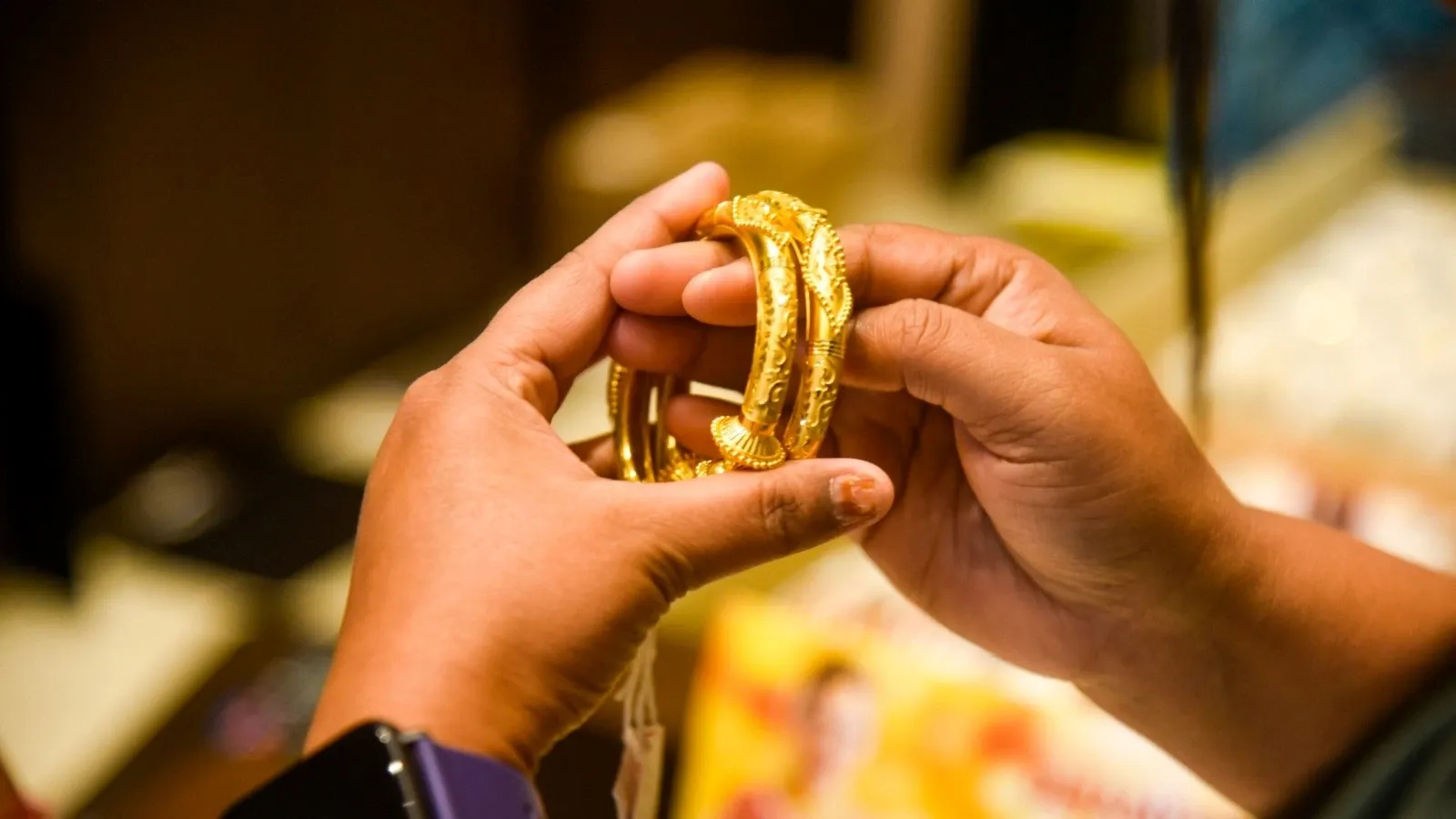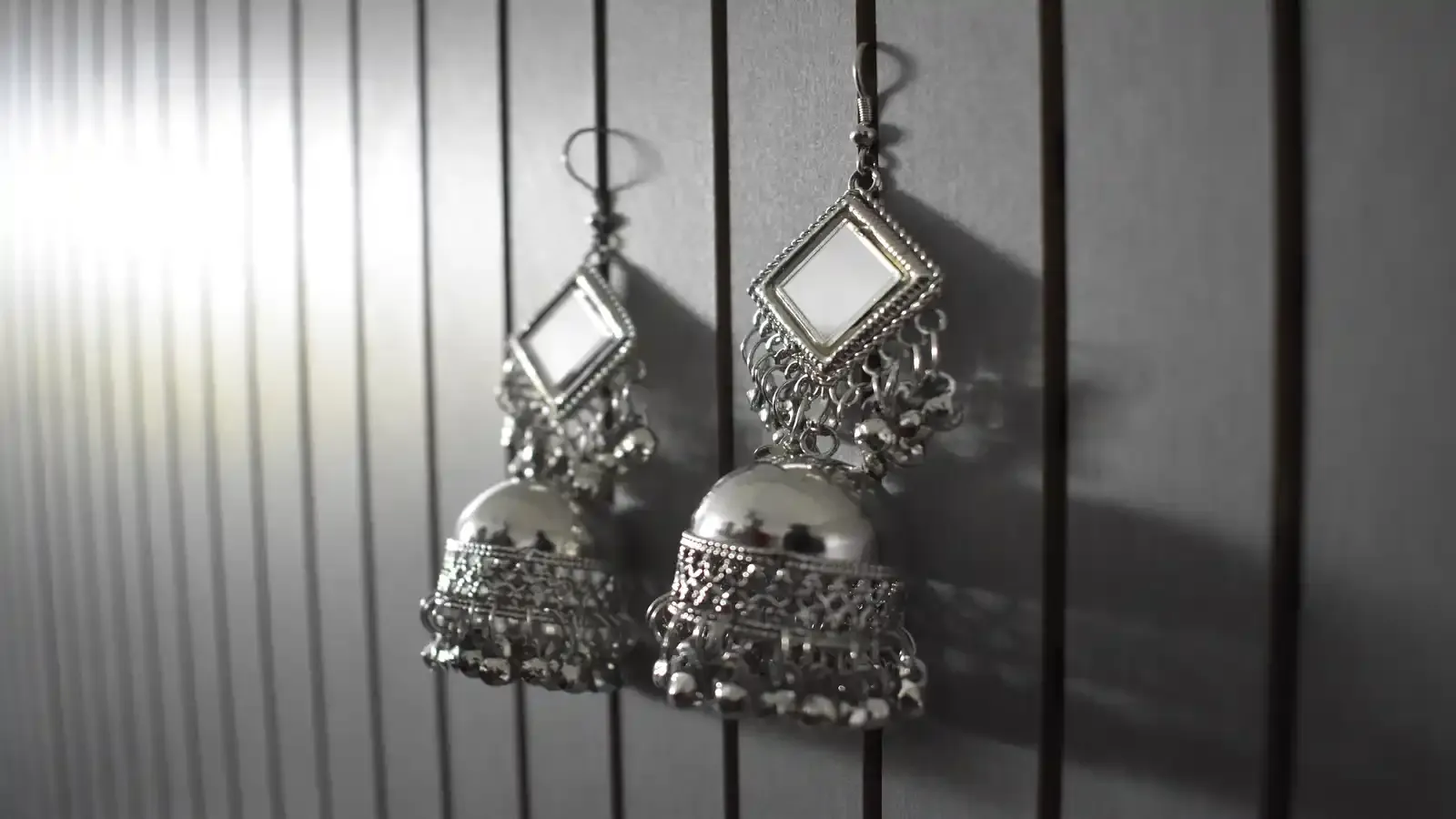Personal Finance News
Diwali shopping 2025: How to spend wisely this festive season? 12 key lessons

5 min read | Updated on October 15, 2025, 15:45 IST
SUMMARY
Many credit cards have attractive offers during the festive season. Major banks like the HDFC Bank, State Bank of India and Punjab National Bank have specific deals on electronics, fashion, etc. Keep a check on the offers to spend wisely.

Use credit cards and loans wisely, and ensure you keep a check on your overall debt to avoid any trouble later.
The festival of lights is also the ultimate festival of shopping in India, as many households wait for Diwali to come around to make big purchases like cars or jewellery. Even when it comes to smaller ones, like makeup, phones or clothes, Diwali becomes the perfect excuse to fit a year’s wish list into the shopping cart, especially with online sales.
Shopping trends in India have changed strikingly, with more and more people turning to online platforms and e-commerce websites for their quick and even long-term needs.
Sales like Amazon’s Great Indian Festival and Flipkart’s Big Billion Days often result in people waiting for festivals for their annual shopping. Diwali is also considered one of the most auspicious occasions to buy new things, as it symbolises wealth and prosperity. Many believe the Samvat (year) to start with Diwali, as they deem it to be a reset of their financial activities.
Financial planning is crucial in these situations, as many fall for deals like no-cost EMIs or buy-one-get-one during festive seasons and end up buying things they wouldn’t have otherwise.
While shopping seems like a fun and harmless activity, small expenses can gradually add up, and not buying with the correct mindset can result in a major money drain. Let’s discuss 12 key lessons you should remember and take care of while doing your Diwali shopping:
-
Before buying anything big, check and compare both online and offline prices of multiple outlets. Impulsive decisions can make you regret later.
-
Ensure that your credit utilisation ratio remains lower than 40%, as a higher ratio can negatively impact your credit score.
-
EMI payments are a part of the minimum due amount, so don’t make a big purchase via EMI if you can’t afford to pay installments. Missing credit card payments increases your debt, attracts late fees and penalties, and affects your credit score.
-
Avoid buying things just because you can pay off in installments. Digital payment platforms that offer buy now, pay later services play on your emotions to make you spend on things you won’t really need.
-
Remember that most ‘free’ things aren’t free, as there are almost always hidden costs attached to them. For example, most buy-one-get-one (BOGO) free deals have inflated prices, and there are hidden charges in no-cost EMIs.
-
While buying jewellery, check the purity and authenticity of your gold items. You can check the authenticity of hallmarked gold ornaments through the BIS Care App, and can test purity through many home tests.
-
During festive season, jewellers often charge very high making charges on gold jewellery. These charges can be negotiable, and some online platforms also offer discounts on making charges.
-
Try to buy sustainable fashion if you can afford it to reduce the impact of overconsumption on the environment.
-
Many people take personal loans for big purchases like cars. If you wish to do the same, compare the interest rates and down payments of all major lenders before taking a loan.
-
Use credit cards and loans wisely, and ensure you keep a check on your overall debt to avoid any trouble later. Too many inquiries for loans can also impact your credit score.
-
Many credit cards have attractive offers during the festive season. Major banks like the HDFC Bank, State Bank of India and Punjab National Bank have specific deals on electronics, fashion, etc. Keep a check on the offers to spend wisely.
-
If buying anything big on EMI, remember that the full amount gets blocked on your credit limit. The limit will gradually increase as you pay EMIs, but your credit utilisation ratio will remain high for the first few months.
The Art of Spending Money by Morgan Housel
In addition to this, I have 3 lessons for you from The Psychology of Money’s author, Morgan Housel, who recently authored the book ‘The Art of Spending Money’. These lessons can be linked to Diwali spending and can help you spend carefully during this golden period:
Related News
By signing up you agree to Upstox’s Terms & Conditions
About The Author
Next Story




